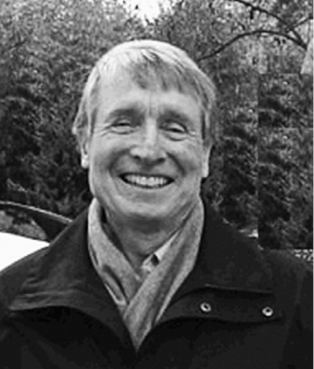CHAPTER 7
Genetic Algorithms
7.1 Introduction
Computer simulations of evolution started in the mid-1950s, when a Norwegian-Italian mathematician, Nils Aall Barricelli (1912–1993), who had been working at the Institute for Advanced Study in Princeton, published his first paper on the subject. This was followed by a series of works that were published in the 1960s–1970s.
Genetic algorithms (GAs) became especially popular through the work of John Holland (see Box) in the early 1970s, and particularly because of his book Adaptation in Natural and Artificial Systems (1975).

Holland wrote: “A Genetic Algorithm is a method of problem analysis based on Darwin's theory of natural selection. It starts with an initial population of individual nodes, each with randomly generated characteristics. Each is evaluated by some method to see which ones are more successful. These successful ones are then merged into one ‘child’ that has a combination of traits of the parents' characteristics.” ...
Get Optimal Resource Allocation: With Practical Statistical Applications and Theory now with the O’Reilly learning platform.
O’Reilly members experience books, live events, courses curated by job role, and more from O’Reilly and nearly 200 top publishers.

